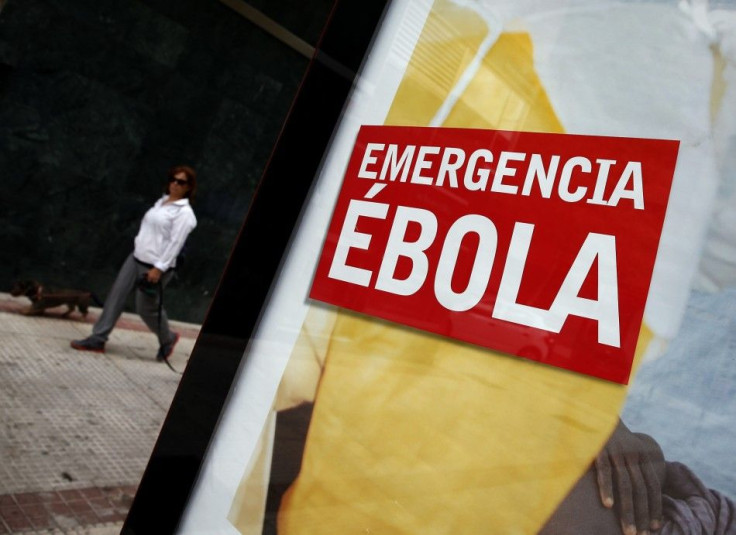WHO Declares Nigeria Ebola-Free, Urges Other Nations To Replicate Success Story

The World Health Organisation, or WHO, has declared Nigeria free from Ebola virus. The global health body issued the announcement after the West African nation registered zero cases of the fatal disease for six weeks now.
Health experts in the country razed in no time to set up response teams as well as execute measures the first time its first Ebola case in Lagos came out on July 23. The global community got particularly concerned because Nigeria is the region's most populous nation, the largest economy and leading energy producer all rolled into one. With a population of 21 million people, WHO described Nigeria as a "powder keg" for the virus.
"The last thing anyone in the world wants to hear is the two words, 'Ebola' and 'Lagos' in the same sentence," Jeffrey Hawkins, United States Consul General in Nigeria, said at the time. To find those two words in one single locale is tantamount to an "apocalyptic urban outbreak."
As with Guinea, Liberia and Sierra Leone, Nigerian authorities were likewise caught unaware that the virus had entered its borders. Authorities and staff at the airport had not been briefed about the looming killer, nor was the government already able to set up isolation units or create a task force to oversee things.
Not knowing what afflicted Liberian-American diplomat Patrick Sawer at the time, who collapsed at the main international airport in Lagos on July 20, authorities were one in their decision to quarantine him and not allow him out of the hospital. "The lesson there is: stand your ground," the Telegraph quoted Benjamin Ohiaeri, a Lagos doctor. Despite protests both from the patient and the Liberian government, doctors remained adamant in their decision. "We agreed that the thing to do was not to let him out of the hospital. If we had let him out, within 24 hours of being here, he would have contacted and infected a lot more people," Ohiaeri further said.
Since they didn't know the disease was Ebola, hospital authorities immediately alerted the federal government of the mysterious disease, which in turn immediately established and equipped an isolation unit. Financial and material resources were also immediately released by Nigeria's federal and state governments. Well-trained and experienced national staff were likewise immediately rounded and deployed. Authorities also worked round the clock to identify and locate 100 percent of known contacts in Lagos, including 99.8 percent in Port Harcourt, Nigeria's oil hub, which is the second outbreak site.
"Today, exactly 42 days (twice the maximum incubation period for Ebola virus disease) after the country's last infectious contact with a confirmed or probable case occurred, the chains of transmission have been broken," WHO said in a statement. "The virus is gone--for now. The outbreak in Nigeria has been defeated."
As of Oct 17, Ebola has killed 2,484 in Liberia, 1,200 in Sierra Leone and 862 in Guinea. The global body hopes the Nigeria's case is replicated in the three western African nations hardest hit by the Ebola disease, as well as in the United States, which is now in panic after the confirmation of a second confirmed case.
Related News:
Ebola 'Cruise Ship': Holidaymakers Furious Organisers Hid the Truth About Dallas Health Care Worker
CDC Says Ebola Virus Manageable Unless Mutates in U.S., Air Canada Approves Flight Attendants' Request for Hand Gloves
Ebola Update: China Develops Vaccine, Hopes For Early Approval; Mortality Rate Now at 70%, WHO Reports 4,447 Ebola Deaths





















